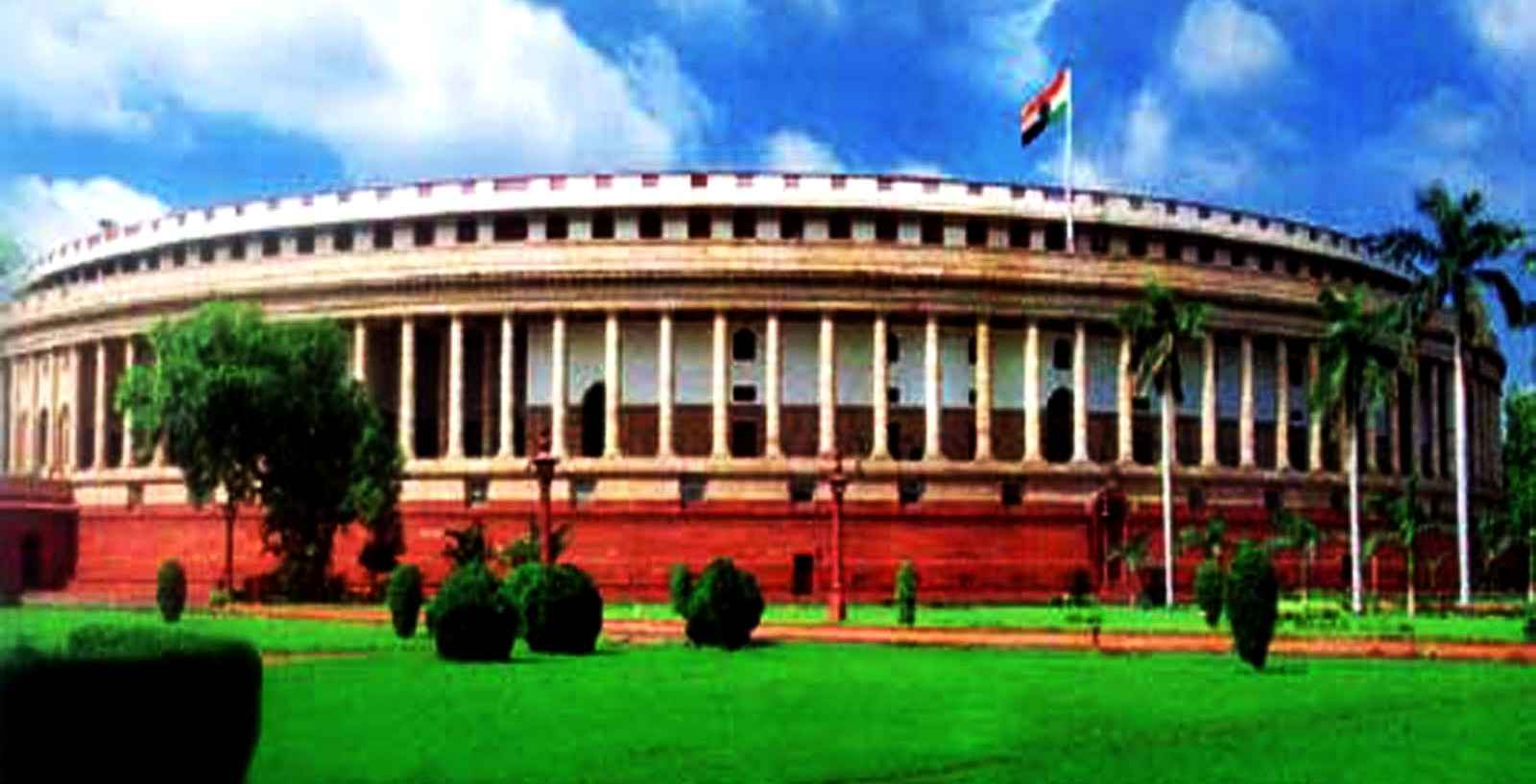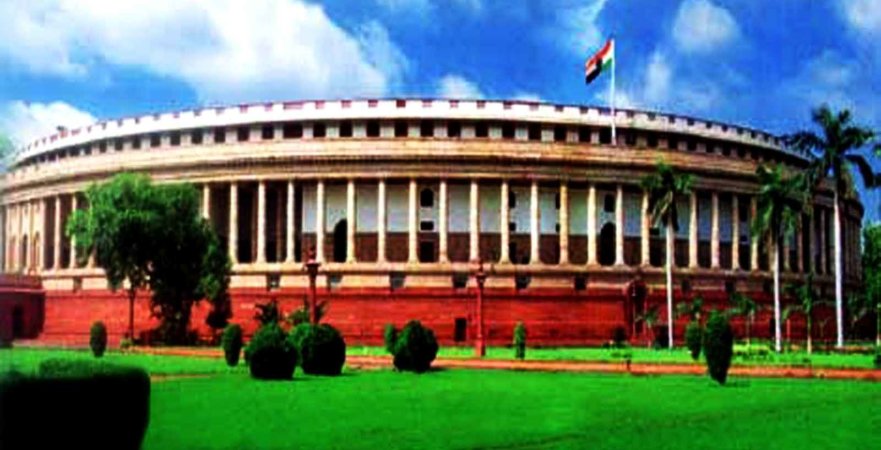
Abrogation of Article 370 & the Supreme Court Judgment thereon
Abrogation of Article 370 and the Supreme Court Judgment thereon
Article 370 was placed in Part XXI which was titled “Temporary and Transitional provisions” when the Constitution was adopted in 1950. This Article incorporated special arrangements for the governance of the State of Jammu and Kashmir.
The President issued Constitutional Orders 272 and 273 during the subsistence of a Proclamation under Article 356(1)(b). These orders had the effect of applying the entire Constitution of India to the State of Jammu and Kashmir and abrogating Article 370. Contemporaneously, Parliament enacted the Jammu and Kashmir Reorganisation Act 2019 which bifurcated the State into two Union territories.
The constitutionality of these actions was challenged before the Supreme Court of India. A 5-Judge Bench of the Supreme Court upheld the validity of both the Constitutional Orders [Numbered as CO 272 and CO 273] by its landmark judgment delivered on December 11, 2023.
The judgment is titled as In Re: Article 370 of the Constitution.
Here are the salient features of the Judgment delivered by Dr Dhananjaya Y Chandrachud, CJI:
- The State of Jammu and Kashmir does not retain any element of sovereignty after the execution of the IoA and the issuance of the Proclamation dated 25 November 1949 by which the Constitution of India was adopted. The State of Jammu and Kashmir does not have ‘internal sovereignty’ which is distinguishable from the powers and privileges enjoyed by other States in the country. Article 370 was a feature of asymmetric federalism and not sovereignty.
- It can be garnered from the historical context for the inclusion of Article 370 and the placement of Article 370 in Part XXI of the Constitution that it is a temporary provision.
- The power under Article 370(3) did not cease to exist upon the dissolution of the Constituent Assembly of Jammu and Kashmir.
- Article 370 cannot be amended by exercise of power under Article 370(1)(d). Recourse must have been taken to the procedure contemplated by Article 370(3) if Article 370 is to cease to operate or is to be amended or modified in its application to the State of Jammu and Kashmir. Paragraph 2 of CO 272 by which Article 370 was amended through Article 367 is ultra vires Article 370(1)(d) because it modifies Article 370, in effect, without following the procedure prescribed to modify Article 370. An interpretation clause cannot be used to bypass the procedure laid down for amendment.
- The exercise of power by the President under Article 370(1)(d) to issue CO 272 is not mala fide. The President in exercise of power under Article 370(3) can unilaterally issue a notification that Article 370 ceases to exist.
- Paragraph 2 of CO 272 issued by the President in exercise of power under Article 370(1)(d) applying all the provisions of the Constitution of India to the State of Jammu and Kashmir is valid. Such an exercise of power is not mala fide merely because all the provisions were applied together without following a piece-meal approach.
- The President had the power to issue a notification declaring that Article 370(3) ceases to operate without the recommendation of the Constituent Assembly. The continuous exercise of power under Article 370(1) by the President indicates that the gradual process of constitutional integration was ongoing. The declaration issued by the President under Article 370(3) is a culmination of the process of integration and as such is a valid exercise of power. Thus, CO 273 is valid.
- The Constitution of India is a complete code for constitutional governance. Following the application of the Constitution of India in its entirety to the State of Jammu and Kashmir by CO 273, the Constitution of the State of Jammu and Kashmir is inoperative and is declared to have become redundant.
Preparing for Judicial Services Exam?
Delhi Law Academy offers complete study material and notes for Judicial Services Exam Preparation
Click Here to find out moreVery good

